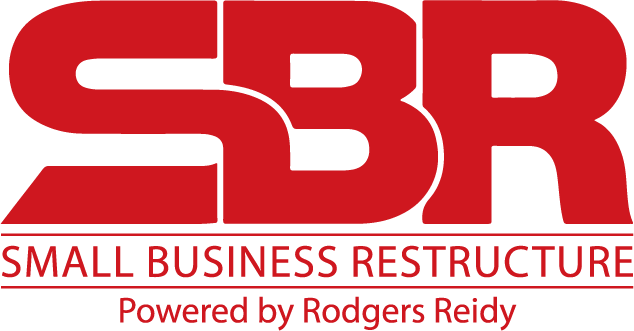
Small Business Restructure in Hospitality (Ceased Trading) at $20.34c/$.

Our client was an Italian restaurant in metropolitan Melbourne cafe with a significant debt to one creditor, the ATO, and was unique in that the business had ceased trading 3 months prior to the SBR. The defined purpose of an SBR is to assist companies affected by the pandemic to continue trading in the future, making this an unusual proposal.
Debt
The ATO was owed $165,000, and there were no other debts.
Background
The business directors had tried to sell it as a going concern. Still, with uncertainty in the hospitality industry affecting the demand for businesses, the owners could not find a buyer they were forced to close.
Covid restrictions meant a significant reduction in sales, and with a requirement to maintain its fixed cost expenses – such as its lease – it was forced to stand down employees. In addition, Covid-19 testing and quarantine requirements also resulted in employees being unable to work for substantial periods even after a return to semi-normal trading.
The Government’s patron capacity limits also impacted the business’s viability. An inability to accurately manage stock purchases and other variable costs due to the uncertainty of lockdown lengths and other restrictions made budgeting complex, resulting in stock losses.
As stated, this was the first SBR where the ATO was a creditor, and the business had ceased trading. One of the two directors had substantial assets and a capacity to pay, but no other assets were available, with the equipment and fittings in-built and part of a tenancy. The make-good costs outweighed any potential return.
Proposal
The Restructuring Plan offered $34,600 of the $165,000 debt, a return of 20.34c/$. As the only creditor, the ATO voted to accept the restructuring proposal.
Outcome
ATO voted in favour of the Restructuring Plan, noting that the return under the Plan was better than hypothetical liquidation.



